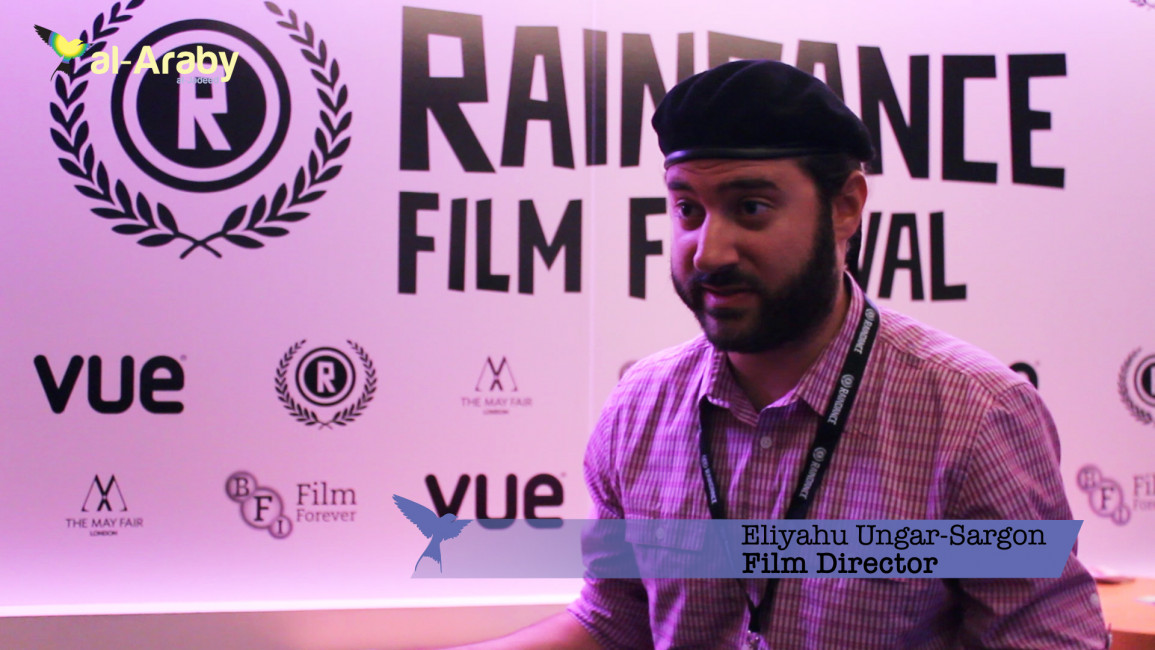
Challenging two-state orthodoxy
For decades the Israeli occupation of Palestinian land has seemed almost a chronic condition, one with no real cure, no prospect of a just solution, or at least not one just to the people of historic Palestine.
Its only treatment, or so international consensus (by now international mantra) posits, is a two-state solution. This is always presented as the 'practical' or 'realistic' resolution to an 'intractable problem' that can only be achieved through a peace process of direct negotiations.
A People Without a Land is a direct challenge to this orthodoxy and an attempt to imagine a solution that takes seriously the task of resolving the fundamental issues and injustices of the Palestinian-Israeli conflict.
The film - in effect an argument for the one-state solution - is written, directed and produced by American husband-and-wife team Pennie and Eliyahu Ungar-Sargon. Five years in the making and featuring cutting edge graphics and cinematography, this independent film is both timely and provocative and has already reached audiences across the world.
Featured at the Boston Palestinian film festival, and at last month's Raindance Film Festival in London, where al-Araby al-Jadeed caught up with the director, this month it won the best documentary film award at the Oaxaca Film Festival in Mexico.
On Saturday, the film is set to have its first premiere in Israel, as part of the International Film Festival in Tel Aviv Zochrot.
The film features Palestinians and Israelis from various backgrounds including Eitan Bronstein, founder of Zochrot, and Saeb Erekat, the chief Palestinian negotiator. The filmmakers also conducted more than 500 street interviews with Palestinians and Israelis, across 10 major cities, providing a touchstone for public opinion on the central political questions facing Israelis and Palestinians today and sparking a spin-off project.
Pennie was raised as an evangelical Christian Zionist then completed an Orthodox conversion to Judaism. Eliyahu spent his teenage years in an Israeli settlement, moving to Israel with his Orthodox Jewish family when he was 13. At 18, he made a "conscious decision" not to serve in the Israeli army. But the real turning point for him was meeting and engaging with Palestinians and anti-Zionists in Chicago where he was frustrated with the "policing of the discourse around Israel-Palestine".
He decided to make a film about it.
A People Without A Land is a critique of the foundering peace process and the two-state thinking behind it. It is the articulation of a powerful one-state argument, a "win-win" solution, according to the director.
It is also the result of a personal journey and a personal quest to open the possibility for a lasting and just peace in Palestine-Israel that rests on justice and rights rather than parcelling out bits of land between two peoples.



